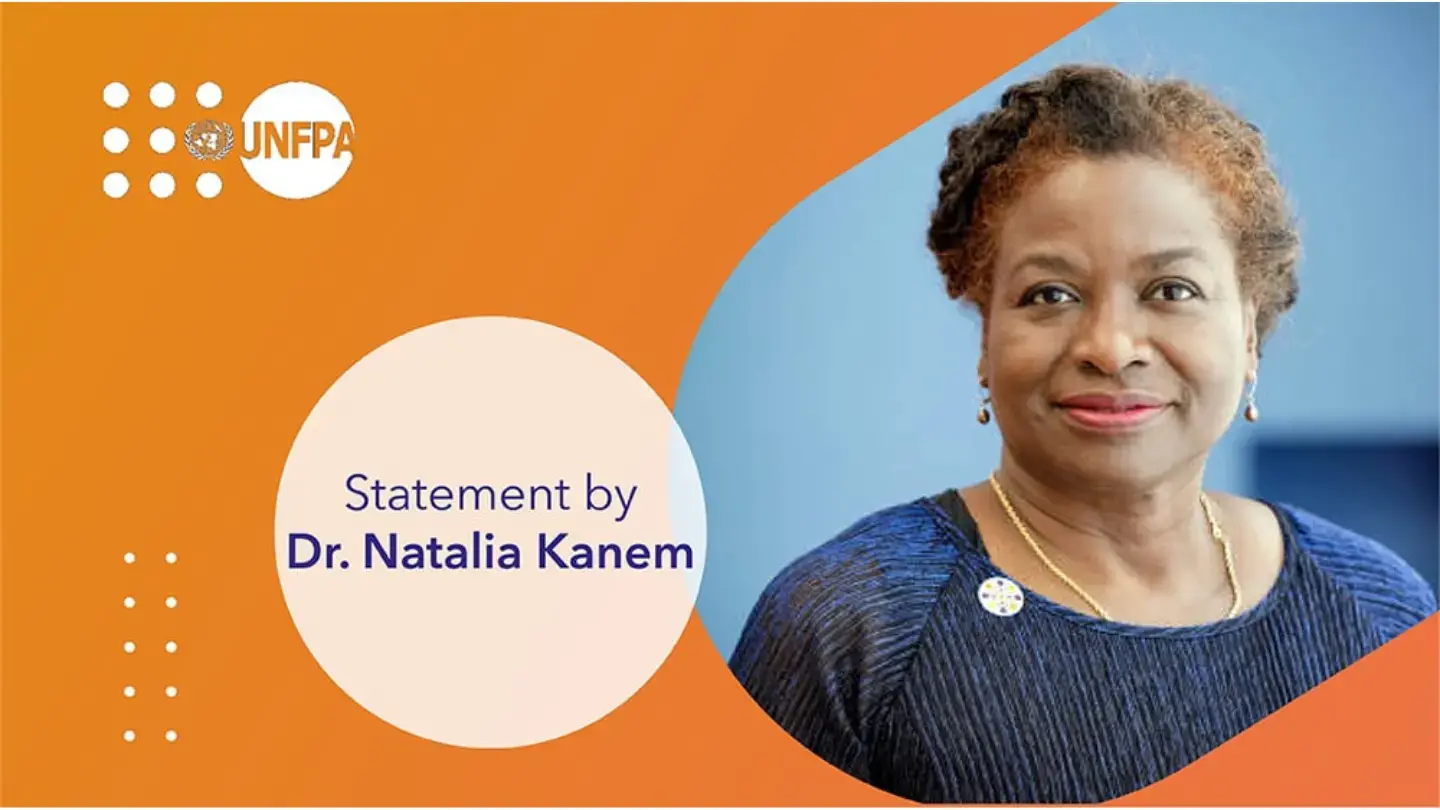Leaders have been asked to address cultural practices that are not gender sensitive.
GABORONE - Leaders have been asked to address cultural practices that are not gender sensitive.
The Representative of the United Nations Population Fund (UNFPA), Ms Argentina Matavel, said bad practices of culture such as child marriages, female genital mutilation and the social stigma of infertility should be curbed.
Speaking during the launch of the State of World Population Report in Gaborone last week, Ms Matavel said there was still room for change and decision makers should do something.
Bad practices often affect women and girls, resulting in higher child and maternal mortality, she said.
She said the State of the World Population Report was useful to nations because it addressed issues on the prevention of HIV/AIDS, especially for the out-of- school youth, culture, gender, human rights and how they interact.
Ms Matavel said the report was mandated by member states, including Botswana for it provides reliable and timely data.
Culture has always been central to development, as it provides lens to interpret society and groups, affects how people think and act, and it is not homogenous.
The report's theme was 'Reaching Common Ground: Culture, Gender and Human Rights, with the sub-theme of "Generation of Change: Young People and Culture.' Four discussants presented on the report, namely Ms Elsie Alexander of the University of Botswana, Youth Activist, Mr Batsho Nthoi from Ministry of Labour and Home Affairs Mr Nathaniel Tlhalerwa and Rev. Rupert Hambira UCCSA.
They discussed Culture and Human rights issues.
The Chairperson of the National Council on Population and Development (NCPD), Dr Kegalale Gasennelwe, said some cultures and religions were not gender sensitive.
Dr Gasennelwe said some churches and cultures denied women certain opportunities just because they are women and were regarded in as the weaker sex.
She said people needed to take the initiative to socialise the youth, and called on adults to re-examine their actions, as they are the ones who influence the youth on how they behave. BOPA




